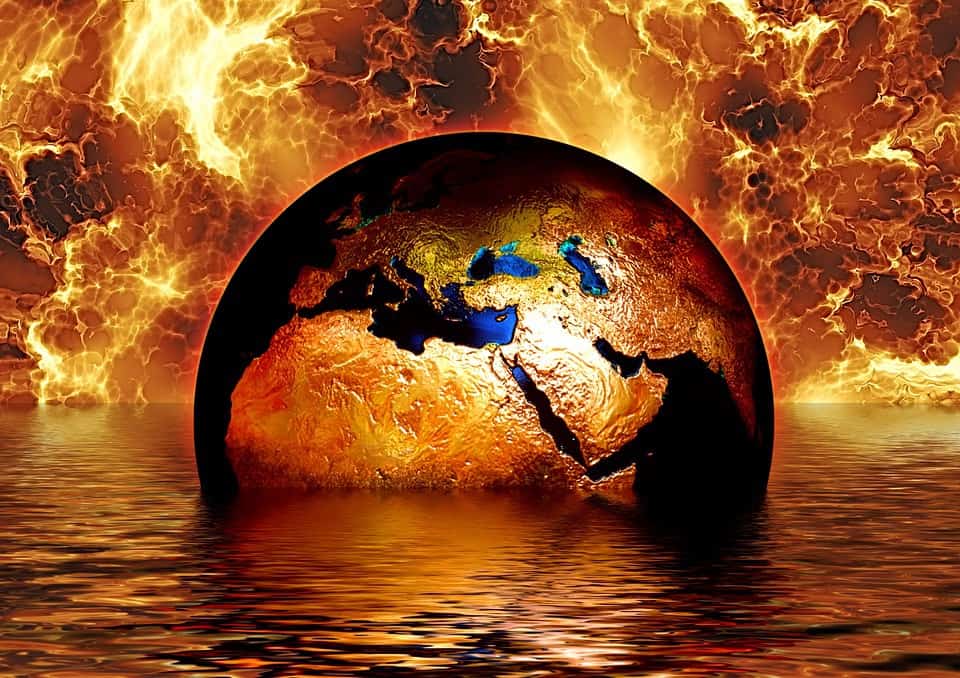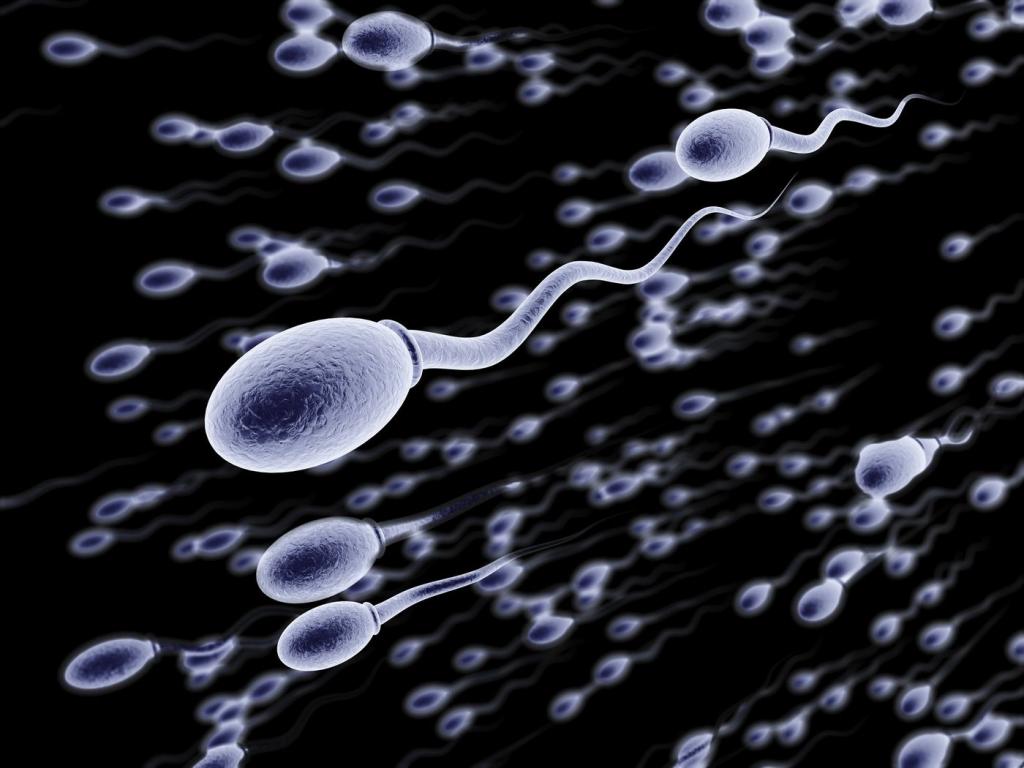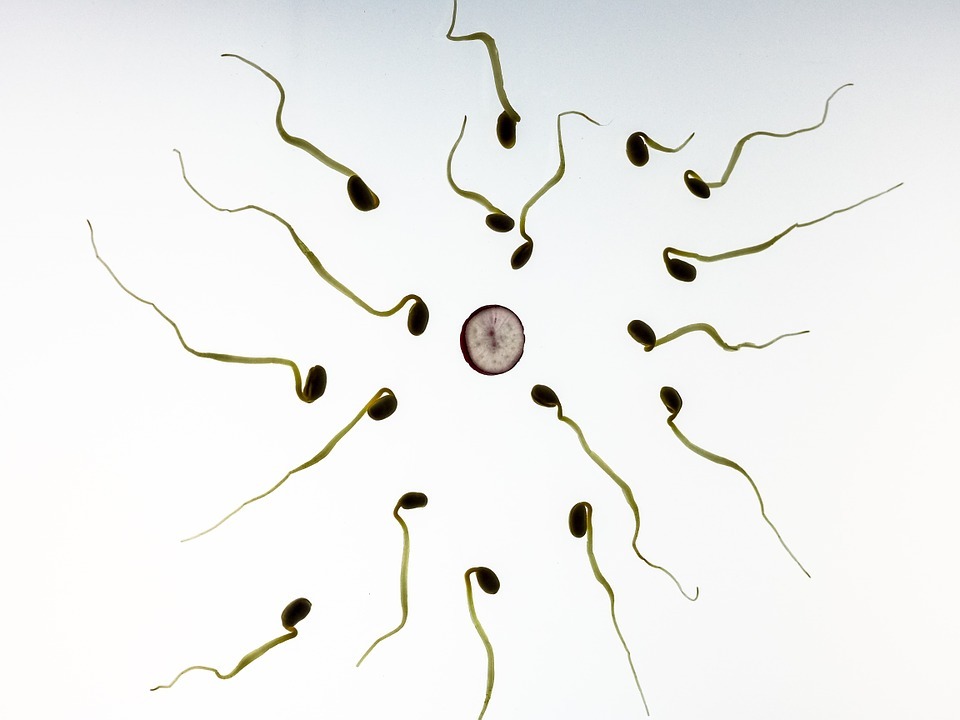In the course of experiments on beetles, scientists found out that high temperature due to climate change has a bad effect on male fertility and can lead to infertility. Sperm production is declining, and spermatozoa die before fertilization.

A group of scientists from the University of East Anglia, led by Professor Matt Gage, came to the conclusion that climate change could pose a threat to male fertility. The data obtained indicate that the intense heat harms insect semen, adversely affecting fertility in different generations. The research results are published in the journal “Nature Communications.“
Scientists claim that male infertility in a hot period can help explain why climate change has had such an impact on a population of a species, including its disappearance in recent years.
“We know that animals suffer from climate change, but the specific causes and sensitivity are difficult to determine. In our work, we have shown that sperm is particularly sensitive to high ambient temperatures. Since the sperm function is important for the reproduction and viability of populations, our research may explain why biodiversity suffers so much from climate change,” says Gage.

The research team studied the small bollard (Tribolium castaneum), concentrating on the effect of artificial heat waves on male reproduction. The beetles were exposed to either standard control conditions or five-day temperatures that were five to seven degrees above the temperature of their normal conditions. The experiment showed potential damage to the ability to reproduce, the functions of sperm and the quality of offspring.
Scientists have discovered that the first heat wave halved the number of descendants that the males could reproduce, and the second almost sterilized the males. Females were not exposed to temperatures, but the experiment indirectly affected female reproduction: it turned out that heat waves damage inseminated semen in female reproductive tracts.

After heat exposure, the males reduced sperm production by three quarters, and the sperm cells, which then penetrated the female tract, are more likely to die before fertilization. When the males were exposed to two heat effects for ten days, the production of their offspring was less than one percent. In the wild, insects can often be exposed to rising temperatures, which can be a problem for the reproduction of the population if the males cannot adapt to new conditions.
“It is believed that beetles make up a quarter of the biodiversity, so the results are very important for understanding how the species respond to climate change. The research has also shown that heat shock can adversely affect the breeding of warm-blooded animals, and past work has shown that this leads to infertility in mammals, too,” co-author Kirs Sales stresses.








